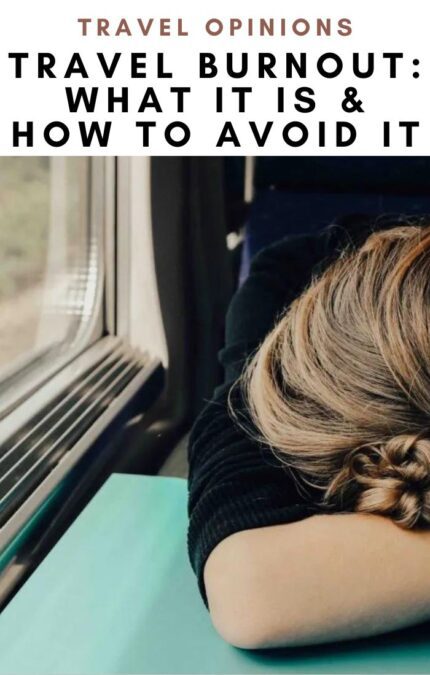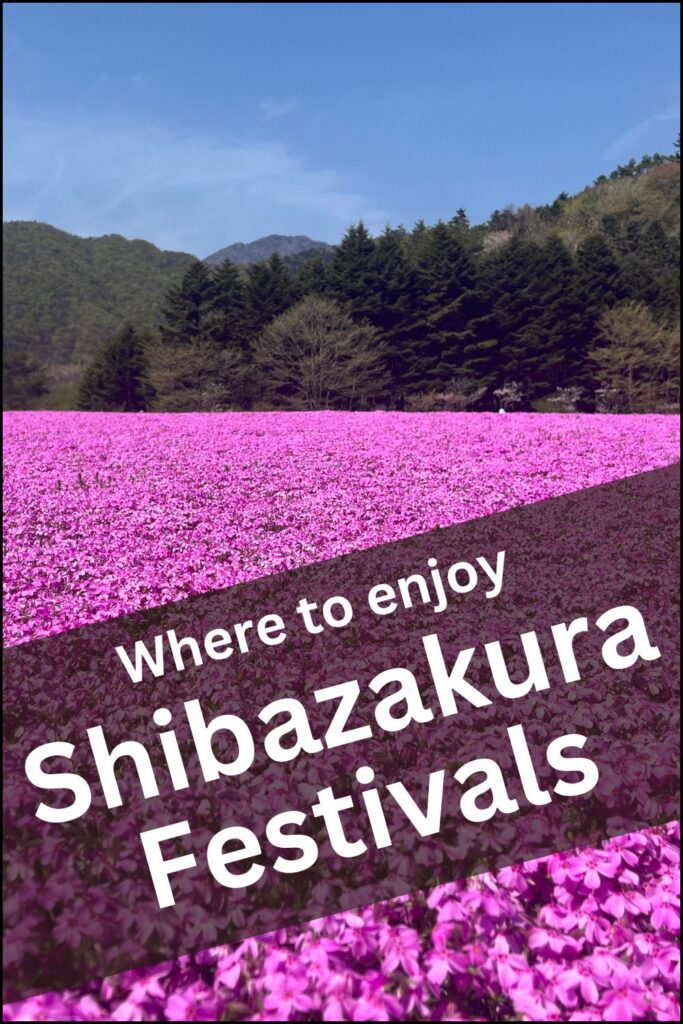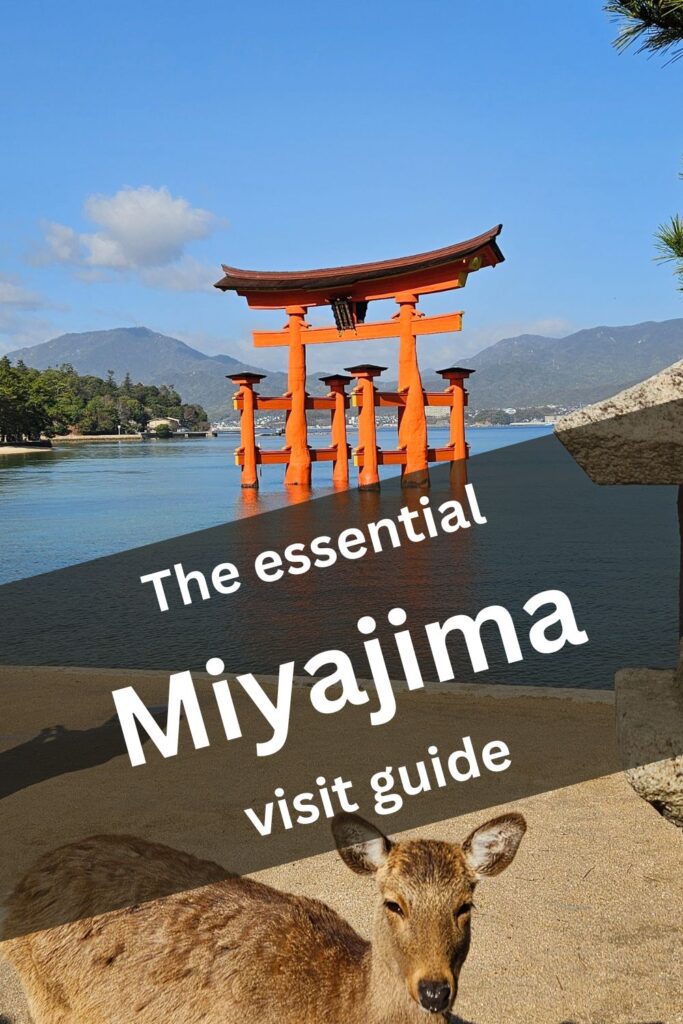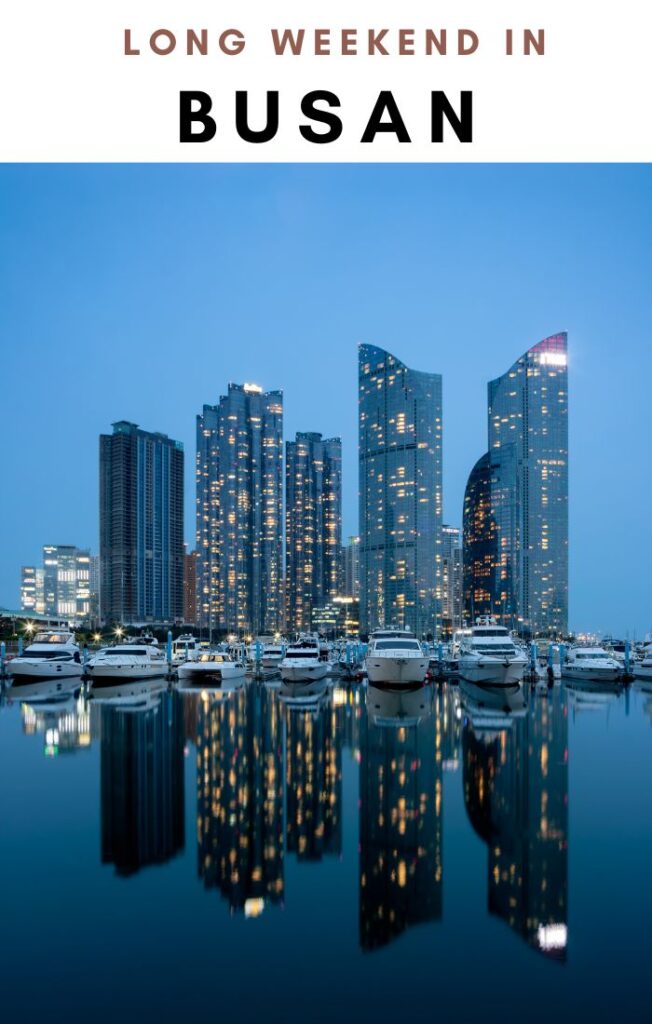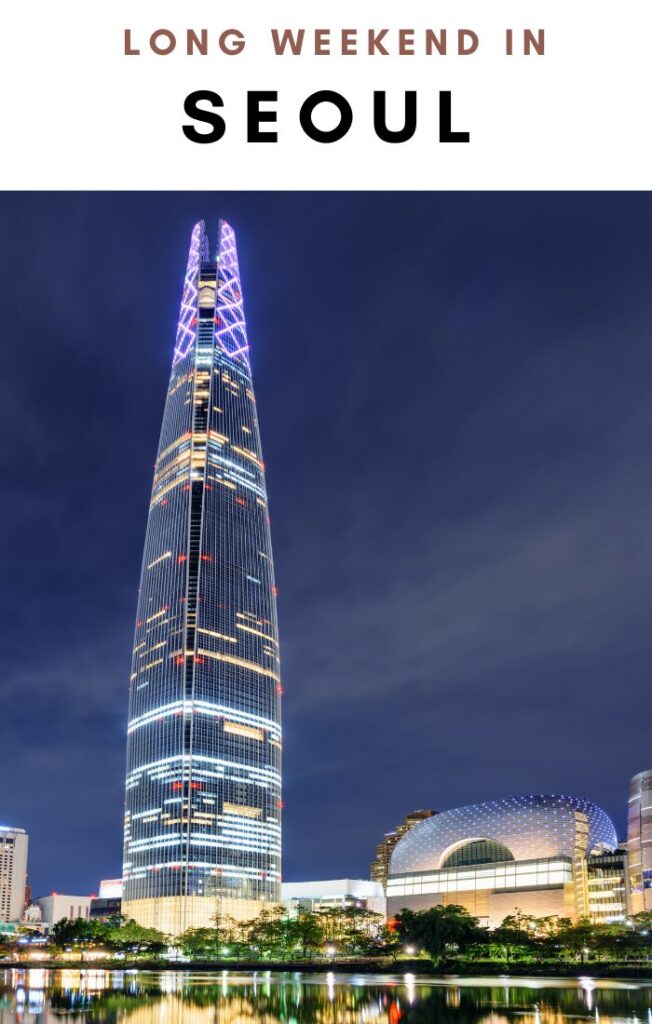Traveling is an enriching experience that offers new perspectives, cultures, and adventures.
A big part of traveling is getting out of your comfort zone, so going to foreign lands and expecting to eat the same food you eat at home and see the same behavior and people is both unrealistic and quite silly. It defeats the whole purpose of travel.
However, we are creatures of habit and breaking our regular routines often leads to feeling overwhelmed. Amid the excitement of exploring new places, maintaining a sense of comfort and embedding personal rituals can provide the stability and relaxation needed to make your journey more enjoyable and less stressful.
Traveling therefore is very much a balancing act, where we are pushed outside of our comfort shells, both wilfully and forcibly, but at the same time need to find some stable, known ground where we can feel safe and have some tranquillity. Failing to do so can easily lead to travel fatigue where the joyful and engrossing experience of travel becomes a burden and interest in it is lost.
The following are some tips on how to better enjoy your travels by embracing the new, without forgetting the familiar. For more suggestions be sure to check out this article on how to deal and possibly prevent travel burnout.
Benefits of Comforts and Rituals on Travel

Having rituals reduces the stress that often accompanies constant change. Even when you are in an unfamiliar location, a small ritual can help a lot in making you feel at home.
Similarly, it can enhance well-being, as it basically takes your mind to a “happy place”. It doesn’t have to be but even if you have a healthy habit.
A big plus that comes from rituals is that it improves adaptability. A well-defined ritual allows you be more prepared for unexpected or harder than expected situations, as it allows you to better cope with the unfamiliar.
A natural consequence of this is increased mindfulness and a capacity to enjoy more the small moments. A morning coffee, or an evening read become special time-outs in your hectic day, where the world slows down while you enjoy your favorite activity.
Establishing Rituals
By adding more structure and rhythm to your days, you will create a sense of normalcy and have more control. Here are some ways you can incorporate rituals into your travel routine:
- Morning Routines: Starting your day with a familiar morning routine can set a positive tone. It could be as simple as enjoying a cup of coffee while journaling, going for a morning walk, or doing a brief yoga session. This predictable start can ground you, no matter where the journey takes you.
- Evening Wind-Downs: Create a bedtime ritual to help you decompress after a day of adventure. This might include reading, meditating, listening to music, or taking a warm shower. This routine can signal to your body that it’s time to relax and prepare for sleep, ensuring better rest even in a new environment.
- Eating Habits: Even when sampling local cuisines, maintaining some regular eating habits can be comforting. Perhaps you keep a regular meal schedule or have a go-to breakfast that you make or seek out, giving you a small slice of routine amidst new culinary experiences.
- Exercise and Movement: Incorporating exercise into your travel days can help maintain energy levels and mental clarity. This could be a morning stretch, a quick hotel room workout, or exploring the area on foot or by bike. Movement is a great way to counteract the stiffness from long travels and to stay grounded.
My routine
Personally, my rituals are not very healthy. When I arrive in a place, after a long drive, or flight, I always try to find an alcoholic drink. Just a small beer or glass of wine that creates a decompression moment, and that divides the day between “I’m carrying my luggage around, need to get to the hotel, need to drive to that place, etc.” and “Aah, this is it. Now I just need to see things, to enhance, to absorb, and to enjoy what is around me”. This is often followed by an evening city walk. It is not actual sightseeing, just a random walk to observe my surroundings and going where the serendipity takes me.
Another ritual, if so it can be called, is my morning coffee. This is not so much a ritual and more of an addiction, since, like many coffee drinkers, I can barely function without caffeine after waking up. On one of my travels I took with me a small camping coffee maker and ground coffee. Instead of desperately wandering around a city not famous for its coffee culture, I could brew my own espresso and that small routine changed the whole day, even more because of the time it required to make.
In the evening I also absolutely need a warm shower and some minor exercise (if my legs are already not destroyed from day activities). This for example is the reason I cannot freedom camp constantly when doing road trips. I can skip most other hygiene or beauty routines, but that cry for an evening shower becomes more and more deafening if not answered.
Finding Comfort
Comforts are made to regenerate you and make you recharge batteries through them. I knew a person who had to take with them their silk pillow-case, something which for me, being a minimalist traveler and light packer, seemed odd to say the least. But it soon became clear that the joy and relaxation that they would get from resting their head on their well-known and comfortable pillow-case was a small comfort which they could not part with. Therefore a suggestion here is to pack some familiar items that you know bring you joy. Some examples could be your favorite coffee mug, a cherished book, or a cozy blanket. Similarly, comfortable clothes not only provide physical comfort but can also soothe the mind, much like they do to a young child. So a soft pair of of pajamas, a favorite hoodie, or well-worn shoes. The same can be said with snacks and drinks which achieve the same goal of mentally taking you home instead of having to manage all the diversities of your destination.
In general, the most important aspect here is to listen to your body. Solo travelers are at an advantage here, as they will be able to follow what their mind and body tells them without compromise. Whenever you feel that you are in need of comfort, just follow that calling. Even if it brings you to a fast food restaurant, or to sleep in all day.
Some tips here when you feel in need of comfort is to spend more time researching hotels and accommodations, so to find exactly what you are looking for and avoid surprises which could add stress.
Another simple thing to do to increase comfort is to drop the weight. If your bag is full of souvenirs, or you packed too much, send some stuff back home. A light bag is a happy bag and travel will literally weigh on you less.
My wind-down recipe: traveler, tourist, and larva

Personally, what I do is sort of alternate between going around as a traveler – trying to see as many genuine things as possible, and going around as a tourist – sightseeing and searching for the famous item to check off my bucket list, and then turn into neither and become what can be best described as a larva.
Basically the loop goes as follows: I usually stay a couple of days in each place and on one day I will behave like a tourist. I will go to the museums, to the town squares, to the temple ruins, and to the sightseeing spots that need to be visited.
On another day, I will try to immerse myself in the place I’m in, going away from the tourist spots and trying to find local venues, looking at people, observing, and trying to absorb the environment through osmosis, I will try to speak the language if possible. To look as little as a tourist as possible, to the best of my abilities I will try to appear like an expat or a digital nomad, someone who is not there to visit but who is there because they have something else to do and is clearly outside of their natural environment but who is trying to integrate and being part of the surroundings. Clearly, this second approach doesn’t always work well. When going randomly like this, you will find bad restaurants, bad stays, and even dangerous situations. It’s all part of trying to find that genuine part when you don’t know what genuine actually is in the place you are.
Then, after about two weeks, that constant desire to see and experience things will have saturated my brain. Any more and it will become just stressful and generally not appreciated, potentially leading to travel fatigue. It is then that I treat myself. Where before I would stay in cheaper places and eat only as a form of sustenance or because there is a tourist place that “must” be checked out, in this phase I pass the day searching for really good restaurants and for those that I would feel comfortable going to. In this period, I often book luxury hotels and spend time by the pool. I go online, I watch TV series, or play video games. I stop doing constant laundry and basically go in a more vacation oriented mode. I do whatever I would normally do at home to get some dopamine kicks from the laziness of it all.
After a couple of days, when I feel regenerated, this behavior looks ridiculous to me. Being in a certain place that has so much to offer and not doing or seeing anything. Sleeping in instead of experiencing what’s outside. Wasting money. It all seems absurd. That is when I know that I’m ready to get back to “exploring”. Get back to running around and seeing as much as possible; get out of my comfort zone and look for the “local experience”.
Especially the first day after I switch back, I often overdo it. I will wake up too early, be the first at any sightseeing destination, before the crowds arrive. Be the first in any cafe or bar before it even opens. I will walk around or drive all day, and see way too many things altogether that I sometimes cannot discern or fathom some days later that I saw all these things on the same day. But it is the natural consequence of having recharged my batteries and having once again the travel bug, and the “hunger”.
Conclusion
Travel is an exhilarating journey, but it doesn’t have to come at the expense of your comfort and well-being. By integrating personal comforts and maintaining rituals, you create a harmonious balance between exploration and self-care. This balance not only enriches your travel experience but ensures that you return home feeling rejuvenated rather than exhausted.
The sooner you build your routines, and find what comforts you, the sooner you will be able to enjoy whatever life throws at you during your journeys.
Embrace the new, but don’t forget the familiar. Happy travels!
